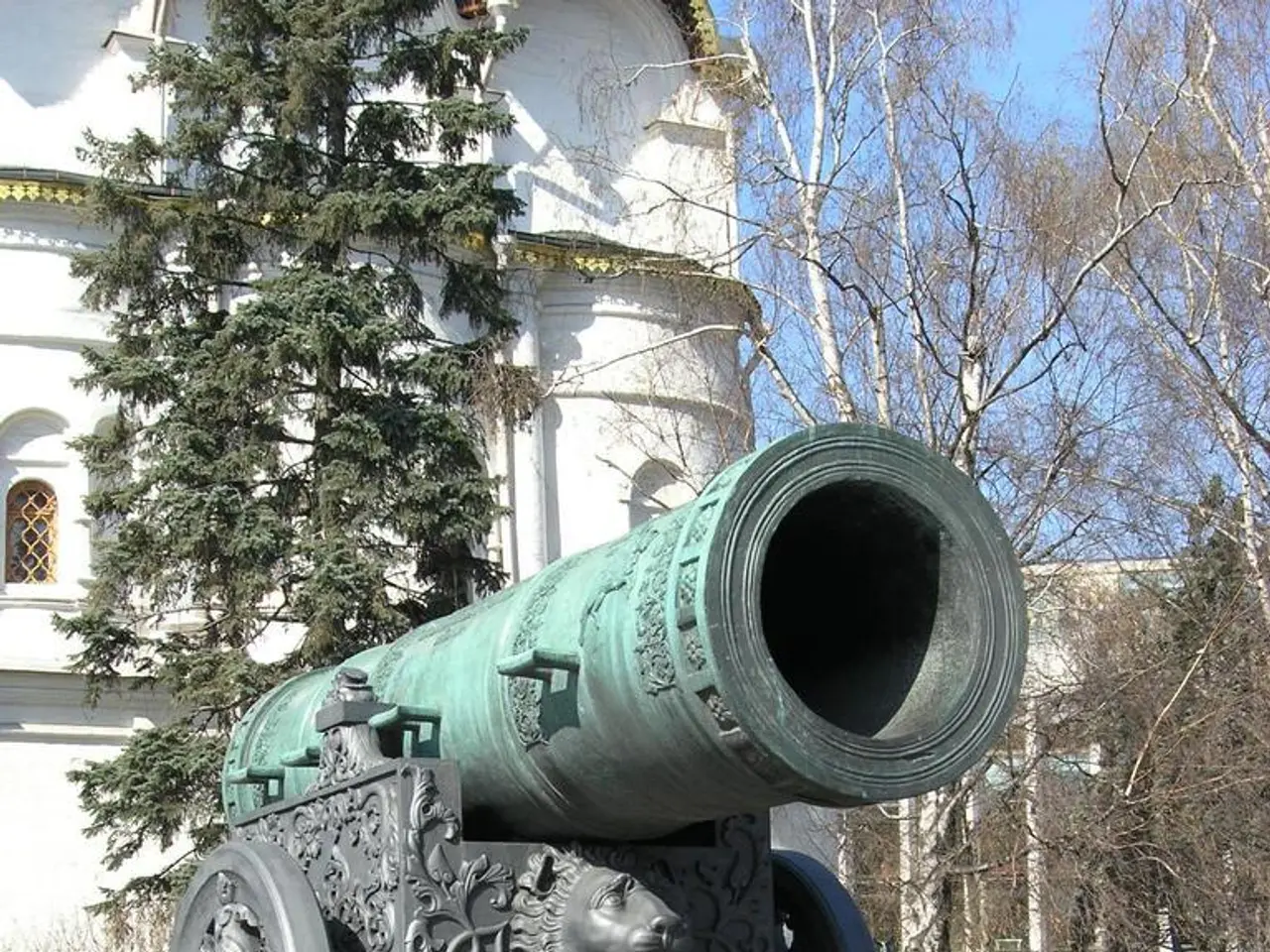Legislation enacted in Ukraine grants autonomy to anti-corruption agencies, a move implemented in response to criticism
In a significant move for Ukraine's democracy, the country's parliament has passed and President Volodymyr Zelenskyy has signed legislation restoring the independence of key anti-corruption agencies, specifically the National Anti-Corruption Bureau of Ukraine (NABU) and the Specialized Anti-Corruption Prosecutor's Office (SAP). This comes after an earlier law passed on July 22, 2025, which had placed these agencies under the authority of the state prosecutor's office, thereby undermining their independence and sparking widespread public protests.
The new law, which received unanimous parliamentary support (331 out of 450 deputies), reinstates the anti-corruption bodies’ independence and signals strong domestic backing for anti-corruption reforms. The European Union has welcomed the restoration of independence as essential for Ukraine's commitment to the rule of law and its aspirations to join the EU.
The crisis occurred three and a half years after Russia's full-scale invasion, and the EU has given Ukraine more than $178 billion since January 2022. The EU Enlargement Commissioner, Marta Kos, stated that the new law "restores key safeguards but challenges remain."
The National Anti-Corruption Bureau and the Specialized Anti-Corruption Prosecutor's Office were created in Ukraine after 2014, following a pro-democracy revolution that brought down a corrupt, Kremlin-aligned president, Viktor Yanukovych. Yehor Soboliev, a former lawmaker and military serviceman, played a key role in drafting the legislation allowing anti-corruption agencies to conduct independent investigations.
Soboliev emphasizes the importance of transparency and efficiency in Ukraine's current situation, stating that they are crucial for the country's survival. His comments suggest a concern about potential threats to Ukraine's democratic progress, even in the context of a war against Russia. Thousands of Ukrainians protested, calling it an authoritarian move, while in a video address, Zelenskyy stated, "Ukraine is a democracy for sure. There is no doubt."
The EU sees these anti-corruption agencies as crucial to institutional reforms Ukraine is required to complete before possibly joining the 27-member bloc. Soboliev stresses the need for Ukraine to "simultaneously hold the frontline" and push for democracy and progress. The parliamentary vote on the new law restoring independence for anti-corruption agencies was livestreamed, with the crowd cheering and chanting when it was announced that nearly all lawmakers supported the new law.
The previous bill approved by Ukraine's parliament placed anti-corruption agencies under a Zelenskyy-backed prosecutor, which led to the EU freezing $1.7 billion in non-military aid. Soboliev believes that Ukraine is "probably the last country in the world where you can create a dictatorship," even while the country is defending itself in a war against Russia. The crisis underscores the urgency he attaches to ensuring Ukraine's ability to fight and preserve its freedom.
| Aspect | Description | |------------------------------------------|-------------------------------------------------------------| | Agencies affected | NABU and SAP, Ukraine’s key anti-corruption bodies | | Initial law passed (July 22, 2025) | Stripped independence; placed agencies under state prosecutor| | Public reaction | Large protests against the initial law | | New law passed (July 31, 2025) | Restores independence unanimously approved in parliament | | President Zelenskyy's role | Signed both the initial and the reversal law | | EU’s position | Supports independence as critical for reforms and EU accession; monitors progress | | Importance | Ensures anti-corruption bodies operate without interference; key to rule of law and Ukraine’s EU ambitions |
Thus, Ukraine has reversed a controversial step that threatened to curtail anti-corruption investigations, restoring agency independence amid strong domestic demand and international pressure, notably from the EU.
Following the signing of the new legislation, Ukraine's key anti-corruption agencies, NABU and SAP, have regained their independence, marking a significant milestone in the country's ongoing push for anti-corruption reforms. This move is also crucial for Ukraine's bid to join the EU, as the EU views these agencies as essential for institutional reforms that Ukraine must complete as a prerequisite for membership.








